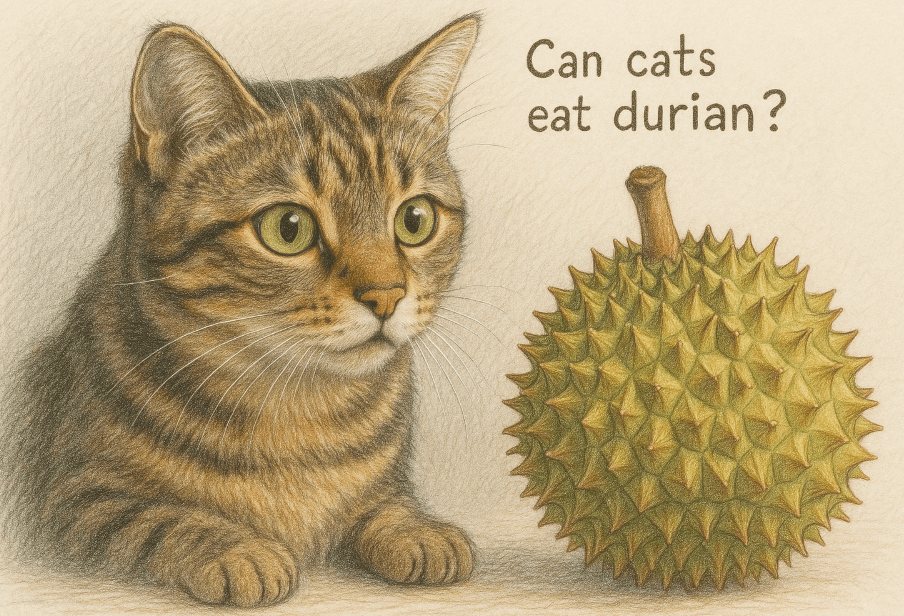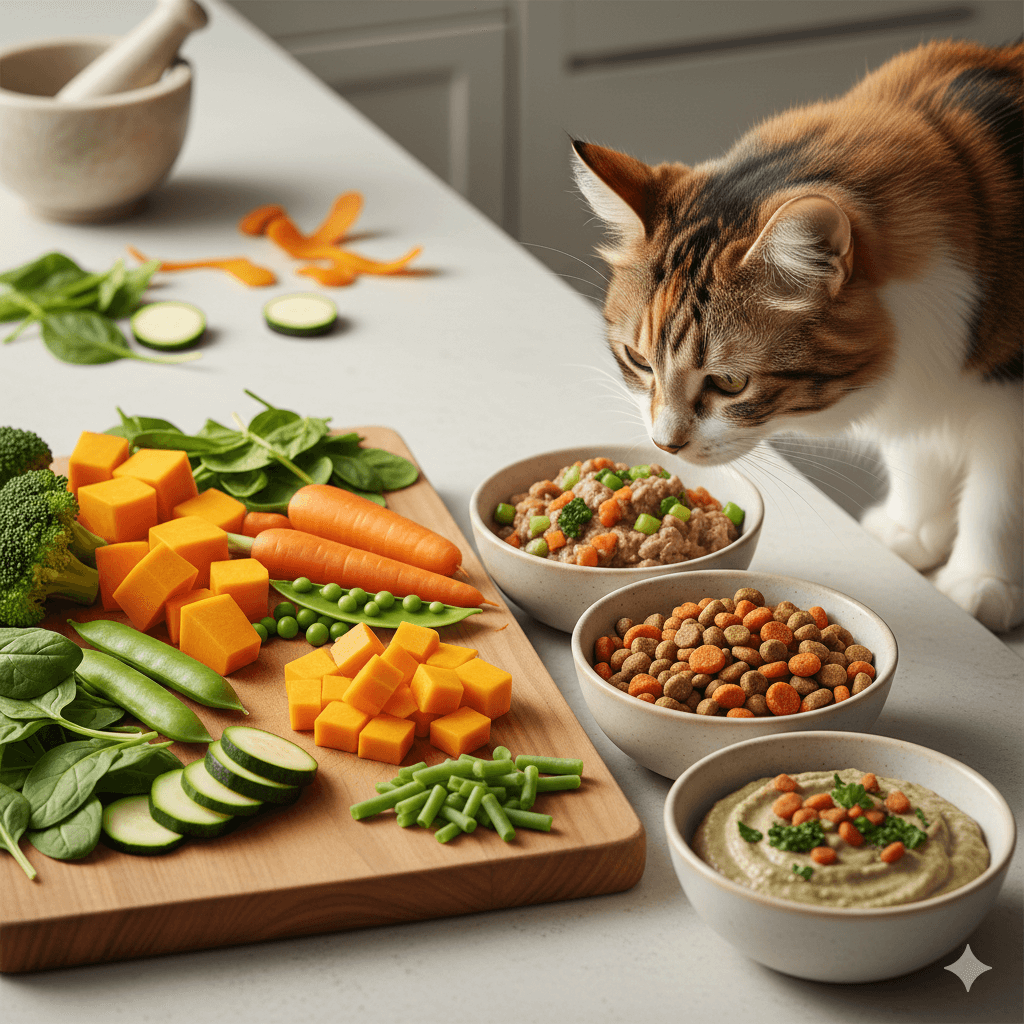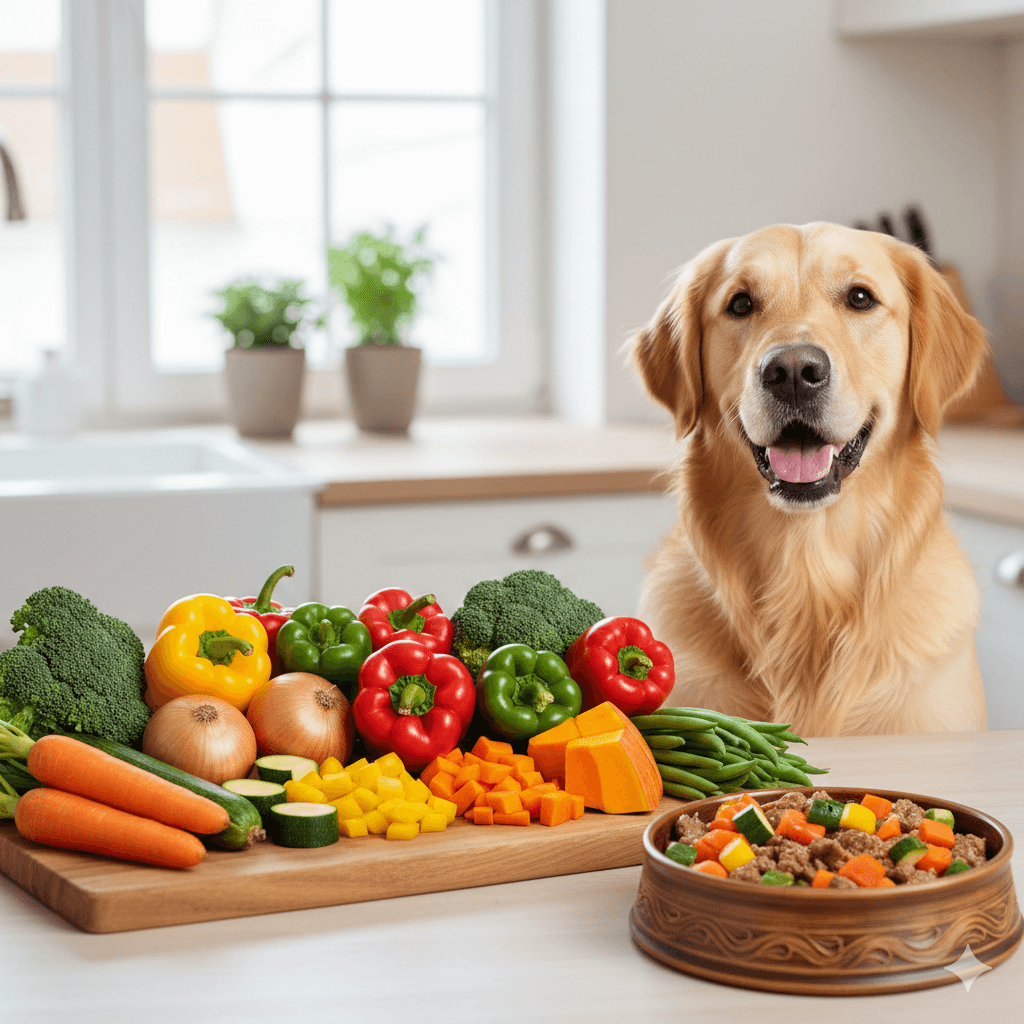Can Cats Eat Durian?
Durian, often referred to as the “king of fruits,” is a tropical delicacy known for its strong aroma and creamy texture. While humans either love or loathe this fruit, many cat owners wonder if it’s safe to share this exotic treat with their feline friends. Cats are naturally curious creatures, and their interest in your plate might lead you to question whether durian is a harmless indulgence or a potential hazard for them. In this blog post, we’ll explore everything you need to know about feeding durian to cats, including its nutritional profile, potential risks, and safer alternatives. By the end, you’ll have a clear understanding of whether this pungent fruit belongs on your cat’s menu—or firmly off-limits.
Potential Risks of Feeding Durian to Cats
While durian is packed with nutrients that benefit humans, it poses several risks to cats due to their unique dietary needs and sensitivities. Here’s what you should be aware of before offering this fruit to your pet.
High Sugar Content:
Durian contains a significant amount of natural sugars, which can upset your cat’s digestive system and lead to issues like diarrhea or vomiting.Strong Aroma:
The intense smell of durian may overwhelm your cat’s sensitive sense of smell, causing stress or aversion.Digestive Sensitivity:
Cats lack the enzymes needed to break down certain plant-based compounds found in durian, making it difficult for them to digest properly.Risk of Choking Hazards:
Large chunks or seeds from durian could pose choking risks, especially for smaller cats or those prone to gulping food.Allergic Reactions:
Some cats may develop allergic reactions, such as itching, swelling, or difficulty breathing, after consuming unfamiliar foods like durian.
Understanding these risks highlights why caution is essential when introducing any human food to your cat’s diet.
Nutritional Profile of Durian: What Does It Offer?
Durian is a nutrient-dense fruit that offers various health benefits for humans, but how does its nutritional content translate to cats? Let’s break it down.
Rich in Healthy Fats:
Durian contains monounsaturated fats, which are beneficial for heart health—but cats metabolize fats differently than humans.High in Fiber:
While fiber aids digestion in humans, cats require minimal fiber in their carnivorous diet, and too much can cause gastrointestinal upset.Vitamin C Content:
Durian provides vitamin C, an antioxidant that supports immunity—but cats naturally produce their own vitamin C and don’t need additional sources.Potassium Levels:
This mineral supports muscle function and hydration, though excessive potassium can disrupt a cat’s electrolyte balance.Caloric Density:
Durian is calorie-dense, which can contribute to weight gain in cats if consumed in large quantities.
While durian has nutritional value for humans, its components aren’t suited to meet a cat’s specific dietary requirements.
Check this guide 👉Can Cats Eat Granola? Best 7 Expert Tips!
Check this guide 👉Can Cats Eat Ube? Best 7 Expert Tips!
Check this guide 👉Can Cats Eat Matcha? Best 7 Expert Tips!

Safe Fruits for Cats (in Moderation) | Fruits to Avoid Feeding Cats |
|---|---|
Apples (seedless) | Grapes and raisins |
Blueberries | Onions and garlic |
Watermelon (seedless) | Citrus fruits (oranges, lemons, etc.) |
Strawberries | Avocado |
Bananas (small amounts) | Cherries (due to pits and cyanide risk) |
Signs Your Cat May Have Eaten Durian
If your cat accidentally ingests durian, keep an eye out for these signs of distress or discomfort. Early detection allows you to address potential issues promptly.
Gastrointestinal Upset:
Symptoms like vomiting, diarrhea, or constipation may indicate digestive irritation caused by durian.Lethargy or Weakness:
A sudden lack of energy could signal that your cat’s body is struggling to process unfamiliar compounds.Loss of Appetite:
Refusal to eat meals following durian consumption may suggest nausea or digestive discomfort.Excessive Drooling:
Increased saliva production often indicates oral irritation or nausea triggered by the fruit.Behavioral Changes:
Hiding, pacing, or unusual vocalizations may reflect stress or discomfort related to eating durian.
Recognizing these signs early ensures you can provide timely care and prevent further complications.
Safer Alternatives to Durian for Cats
If you’re looking to treat your cat without risking their health, there are plenty of cat-safe options that offer similar enjoyment without the dangers associated with durian.
Cooked Chicken (Plain):
A small piece of plain, unseasoned cooked chicken is a protein-rich snack that aligns with a cat’s carnivorous diet.Pumpkin Puree:
Rich in fiber, pumpkin puree (unsweetened) can aid digestion and serve as a healthy occasional treat.Catnip:
Many cats enjoy catnip as a fun, stimulating reward—just ensure it’s free from additives or artificial flavors.Freeze-Dried Meat Treats:
These treats mimic the texture and taste of raw meat while being convenient and mess-free.Bone Broth (Unsalted):
Warm, unsalted bone broth provides hydration and nutrients without overwhelming your cat’s system.
These alternatives cater to your cat’s natural preferences while prioritizing their safety and well-being.
Common Mistakes to Avoid When Feeding Human Food to Cats
Feeding human food to cats can be tempting, but it’s important to avoid mistakes that could jeopardize their health. Here are some pitfalls to steer clear of.
Assuming All Safe Foods Are Equal:
Just because a food isn’t toxic doesn’t mean it’s ideal for cats; portion control and preparation matter.Ignoring Portion Sizes:
Even safe foods can cause problems if fed in excess, leading to obesity or nutrient imbalances.Overlooking Preparation Methods:
Seasonings, oils, and added ingredients can turn an otherwise safe food into a harmful one.Not Consulting a Veterinarian:
Always seek professional advice before introducing new foods to ensure they align with your cat’s dietary needs.Forgetting Individual Tolerances:
Every cat is different; what works for one may not work for another, so pay attention to individual reactions.
Avoiding these mistakes ensures your cat stays healthy and happy.
Health Considerations for Cats with Sensitive Digestion
Some cats have delicate digestive systems, making it crucial to approach dietary changes cautiously. Here are key considerations to keep in mind.
Gradual Introductions:
Introduce new foods slowly to allow your cat’s digestive system time to adjust.Hydration Support:
Ensure your cat has access to fresh water, as dehydration can exacerbate digestive issues.Probiotic Supplements:
Probiotics can help maintain gut health and reduce the likelihood of upset stomachs.Monitoring Stool Consistency:
Changes in stool color, texture, or frequency can indicate digestive distress.Consulting a Vet Regularly:
Routine check-ups help catch underlying digestive issues early and guide dietary adjustments.
These practices promote optimal digestive health for cats with sensitive systems.
Fun Ways to Treat Your Cat Without Risking Their Health
Rewarding your cat doesn’t have to involve risky foods. Here are some creative and safe ways to treat your feline companion.
Interactive Toys:
Puzzle toys filled with cat-safe treats engage their minds and provide entertainment.DIY Cat Treat Recipes:
Homemade treats using ingredients like tuna, salmon, or chicken allow you to control what goes into your cat’s snacks.Playtime Rewards:
Incorporate play sessions with feather wands or laser pointers as non-food-based rewards.Herbal Infusions:
Small amounts of cat-safe herbs like catnip or valerian root can delight your cat without posing health risks.Special Grooming Sessions:
Brushing your cat’s fur or giving them extra attention serves as a bonding experience and a form of pampering.
These ideas allow you to spoil your cat responsibly while keeping their well-being top of mind.
Frequently Asked Questions About Cats and Durian
Is durian toxic to cats?
While not inherently toxic, durian’s high sugar content and indigestible compounds can harm cats if consumed in large amounts.
What should I do if my cat eats durian?
Monitor your cat closely for adverse reactions. If symptoms persist, consult your veterinarian immediately.
Can kittens eat durian?
Kittens have even more sensitive digestive systems than adult cats, so durian should be strictly avoided.
How much durian is safe for cats?
It’s best to avoid feeding durian altogether, as even small amounts can cause digestive upset.
Are other tropical fruits safe for cats?
Some tropical fruits, like mango or papaya (in moderation), are safe if prepared properly, but always check with your vet first.
Prioritizing Your Cat’s Health Over Curiosity
While durian may be a beloved treat for humans, it’s not suitable for cats due to its high sugar content, strong aroma, and potential digestive challenges. As responsible pet owners, it’s our duty to prioritize our cats’ health by avoiding risky foods and opting for safer alternatives instead. By staying informed and attentive, you can ensure your feline friend enjoys a balanced and nutritious diet that keeps them happy and thriving. Remember, when it comes to your cat’s diet, curiosity doesn’t always have to lead to experimentation—sometimes, sticking to tried-and-true options is the wisest choice.
Can a Cat Be Tested for Rabies? Best 7 Expert Tips! – Learn if testing is possible, understand the process, and discover prevention tips to keep your cat safe from rabies.
Can a Dog Be Tested for Rabies? Best 7 Expert Tips! – Learn how rabies testing works, why it’s critical, and what every dog owner needs to know.
Best Vegetables for Cat Food: Best 7 Expert Tips! – Discover safe, nutritious veggies to boost your cat’s diet, support digestion, and enhance overall health naturally.
Best Vegetables for Dog Food: Best 7 Expert Tips! – Discover safe, nutritious veggies to boost your dog’s diet, support digestion, and enhance overall health naturally.




